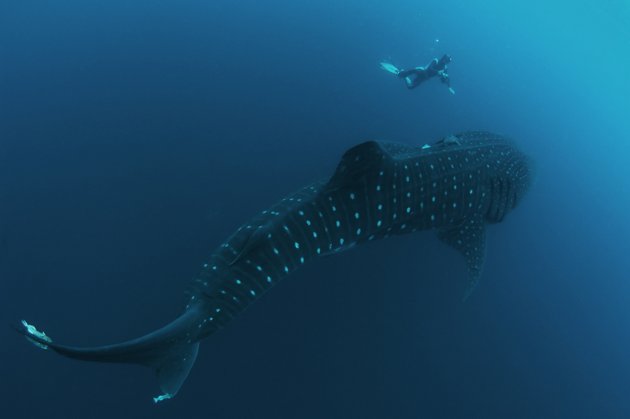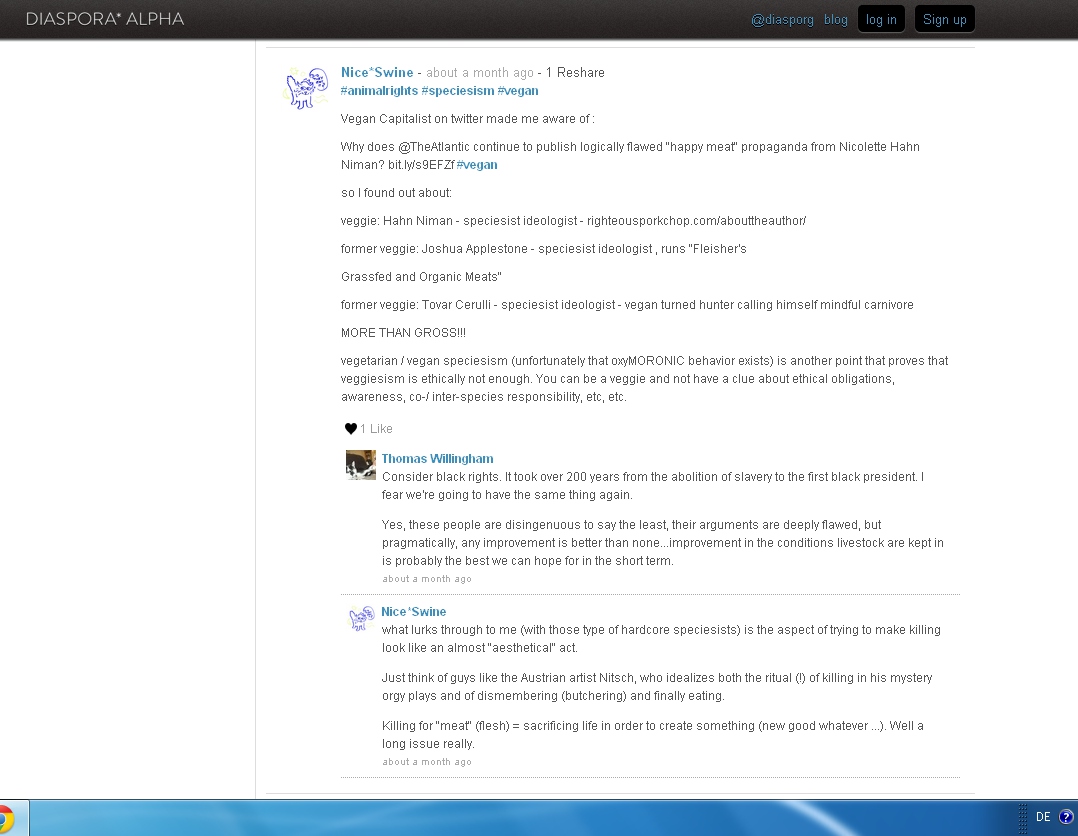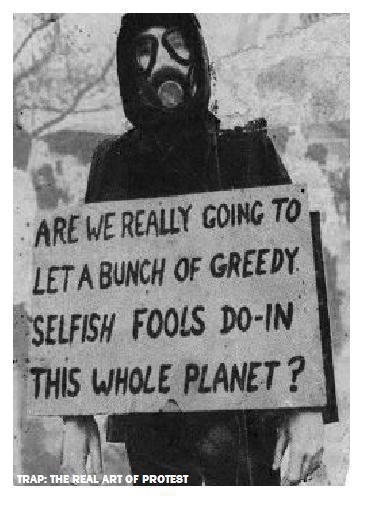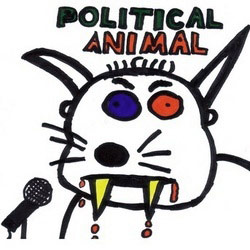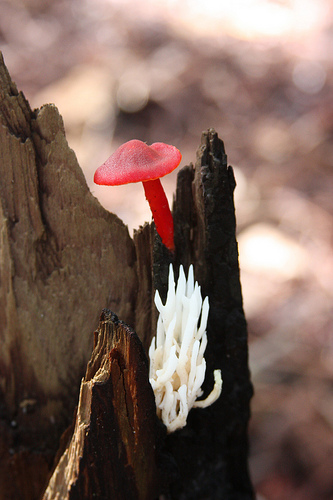Can you think without your professor?
The academic discussion about animal concerns and where they meet human interests, is so detached from the reality of Animal Rights, that the discourse of these kind of animal ethicists seems in the core substance no more but a blast of sophist lapses branching out on a subject matter here only for secondary purposes but not because of Animal Rights themselves. What I think of are the heady discussions lead academically on the subjects of speciesism and anthropocentrism. Things may sound good, yet little way is given to nonhuman Animal Rights terms which would leave space for a nonhuman animal autonomy protecting against the human definition of “self” and “other”.
If we had a similar phenomenon in the academic discussion in regards to Human Rights, we would find ourselves in a futuristic soulless science fiction setting, where humans are no more but calculable sources to serve the interest of a hole.
The terms needed for and relevant to Animal Rights become politically practically useless when taken only to their abstract side and not to the side where a term is instilled with the aspects relating to the practical side of life – life’s daily political questions, that are concerned with environmental questions and the questions relating to Animal Rights concerns.
The worst form of an abstraction would be to go back to point zero and ask: what are Animal Rights again and which animals should have what exact rights. From an Animal Rights standpoint we take Animal Rights as a given ethical imperative and prerequisite. Similar to the understanding of RIGHT in Human Rights, my right is not dependent on any holy issue or on any group’s decision to grant me rights or even on the evolutionary side of being a humanoid. The sheer fact of existence grants the right that will take its own shape in the individual, and of course rights do conflict, and still we should try to live peacefully if we want to or if we can.
Political Animal Rights
So far we haven’t gained as much and enough political momentum as is needed in the inner national and supra-national political settings that constitute themselves with the political party systems, umbrella orgs, lobbyism driven by economical factors, NGOs, philanthropists and yes even grassroots work that we do in our communities directly or over the internet.
To rely on the possibility that academic discussion would take us any further with the needed political momentum for the Animal Rights movement, and how general society perceives the question of Animal Rights and how AR can go together with Human Rights, will be a long and disappointing wait.
Academia coins terms, but these terms become shallow after they go through the entire digestive system of the typical academic brain.
Which terms would we need, however?
We need to fill the space of the Animal Rights discussion basically with the same soul, with the same concern, idea, words, deeds … such as we apply to our own concerns. Theories have their good, but the practice of life that in the end of the day makes up our political side of life, needs the individual strength of thought and deed.
We are able to talk about our own concerns, and we are also able to talk about the concerns of our fellow animal friends.

